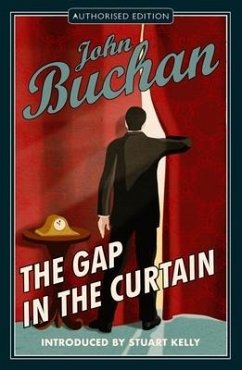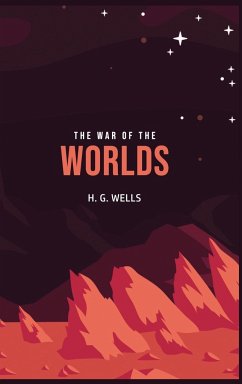
The War of the Worlds
Versandkostenfrei!
Versandfertig in über 4 Wochen
25,99 €
inkl. MwSt.

PAYBACK Punkte
13 °P sammeln!
This classic tale of an alien invasion serves as a catalyst for a whole range of media adaptations in radio, film, and literature. Playing on the public's fears of unknown worlds, Wells brings to life an alien race from Mars bent on consuming the whole of Earth and feeding on the human race. In an epic story of survival, an unnamed hero battles otherworldly creatures and technology his odyssey to be reunited with his wife. H.G. Wells created The War of the Worlds amidst an 1890s backdrop of rampant and rapid industrialization, global British imperialism, and increasing tension with Europe-all ...
This classic tale of an alien invasion serves as a catalyst for a whole range of media adaptations in radio, film, and literature. Playing on the public's fears of unknown worlds, Wells brings to life an alien race from Mars bent on consuming the whole of Earth and feeding on the human race. In an epic story of survival, an unnamed hero battles otherworldly creatures and technology his odyssey to be reunited with his wife. H.G. Wells created The War of the Worlds amidst an 1890s backdrop of rampant and rapid industrialization, global British imperialism, and increasing tension with Europe-all of which are reflected in his tale of Martian attack. The story remains startlingly relevant today in our era wracked with worldwide concerns over terrorism and national security. This new edition, with an introduction by mass-psychology expert Robert E. Bartholomew, is sure to enthrall and intrigue yet another generation of readers. British author HERBERT GEORGE WELLS (1866-1946) is best known for his groundbreaking science fiction novels The Time Machine (1895), The Invisible Man (1897), and The War of the Worlds (1898).












